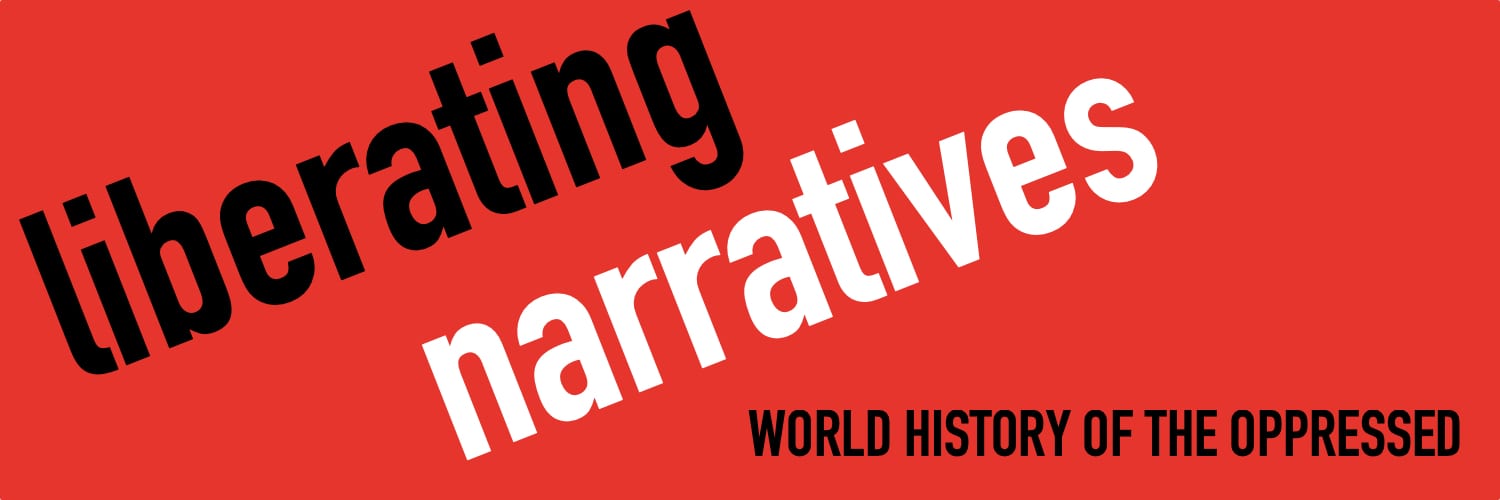“People Who Have Interrupted Empire”: African and Indigenous Resistance to the Portuguese and Spanish Empires in the Sixteenth and Early Seventeenth Centuries
I’ve looked at more world history textbooks than I want to admit. One thing almost all of them have in common is some discussion of Portuguese maritime expansion along the western coast of Africa in the fifteenth century and the Spanish and Portuguese conquest of the Americas in the sixteenth century. These processes are often […]
Continue reading →